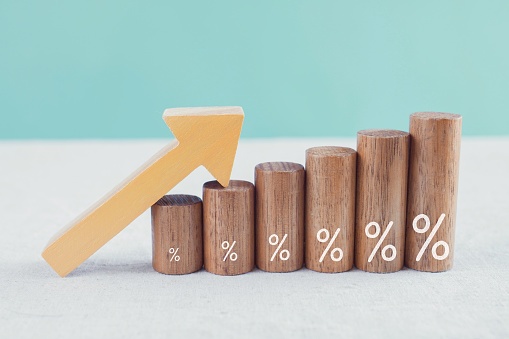Tax Rates For Minors In Australia
Tax rates are important because they affect the number of money individuals and businesses have to pay in taxes. Different countries have different tax rates, depending on their economic situation and political climate. in the united states, federal income tax rates range from 10% for low-income households up to 39.6% for high-income earners. state and local taxes can also vary significantly from state to state.
To ensure fair taxation and revenue for the government, most states have a system of progressive taxation, where higher incomes pay a larger portion of their earnings in taxes.

It is important to understand how your own country’s tax system works so that you can file accurate returns and minimize the amount of money you owe each year. Knowing how much of your income goes toward taxes can also help you make more informed decisions when it comes to investments and other financial planning. Ultimately, understanding tax rates are the key to reducing your tax liability and keeping more of your hard-earned money.
By taking the time to understand tax rates in your country, you can ensure that you are paying only what is necessary and benefit from any applicable deductions or credits offered by the government. Understanding how taxes work and staying up-to-date on changes in tax laws can help you maximize the return on your investments while minimizing the amount of taxes you owe each year. That way, you can keep more of your hard-earned money for yourself!
Tax Rates For Minors In Australia
Unless they earn more than the tax-free threshold, Australian minors (those under the age of 18) who are employed and whose earnings are below the tax-free threshold are exempt from income tax.
For the fiscal year 2021–2022, the tax-free threshold is aud 18,200, which means that a child who earns less than this amount does not owe income tax. To the extent that a minor earns more than this amount, they will be subject to the same income tax rates as adults.
While minors are exempt from federal income tax on their earnings, they may be required to pay other taxes, such as the goods and services tax (GST), on the goods and services they purchase.
How Much Tax Do 16-Year-Olds Pay In Australia?
In Australia, 16-year-olds are generally not liable to pay taxes. this is because they are under the age of 18, which is the minimum legal age for individuals to be subject to taxation. However, there may be exceptions that apply in certain circumstances. For instance, if a 16-year-old is earning an income from part-time or full-time employment and has met the threshold of $18,200 per annum, they may be required to pay tax on their earnings.
For 16-year-olds with investment incomes such as dividends or interest payments, they must also meet certain thresholds before becoming liable for tax. The thresholds vary depending on the type of income received, but typically any unearned income over $416 will need to be reported and may be subject to taxation.
16-year-olds need to understand their obligations when it comes to taxes, as failure to comply with the relevant legislation can result in penalty charges. It is recommended that individuals seek professional advice if they are unsure of how the tax system applies to them. Additionally, they should ensure that they keep detailed records of all income and expenses throughout the financial year. This will make preparing a tax return much easier come tax time.
How Much Does A 17-Year-Old Get On Taxes?
At age 17, individuals may not earn enough income to be required to file a tax return. however, if their employer has withheld taxes from their paycheck or they are claiming any credits or deductions, they should file a return. Depending on the amount of taxable income earned and the type of deductions or credits claimed, a 17 year old could get back some or all of the taxes that were withheld during the year.
Additionally, tax breaks such as education credits can help reduce taxable income and result in refunds for eligible teenagers. It is important to seek advice from a qualified tax professional to determine filing requirements and learn about available deductions and credits.
Conclusion
In conclusion, tax rates and laws vary depending on the country and individual circumstances. understanding the tax system in your own country is important to accurately file tax returns and minimize the amount of tax owed.
In Australia, minors under the age of 18 are generally exempt from income tax, but may still be subject to other taxes such as the goods and services tax. For 16- and 17-year-olds, the amount of tax owed will depend on their income, deductions, and credits. Individuals of all ages need to understand their tax obligations and seek advice if needed to ensure compliance and minimize potential penalties.
To know more, check out tax rates for minors
